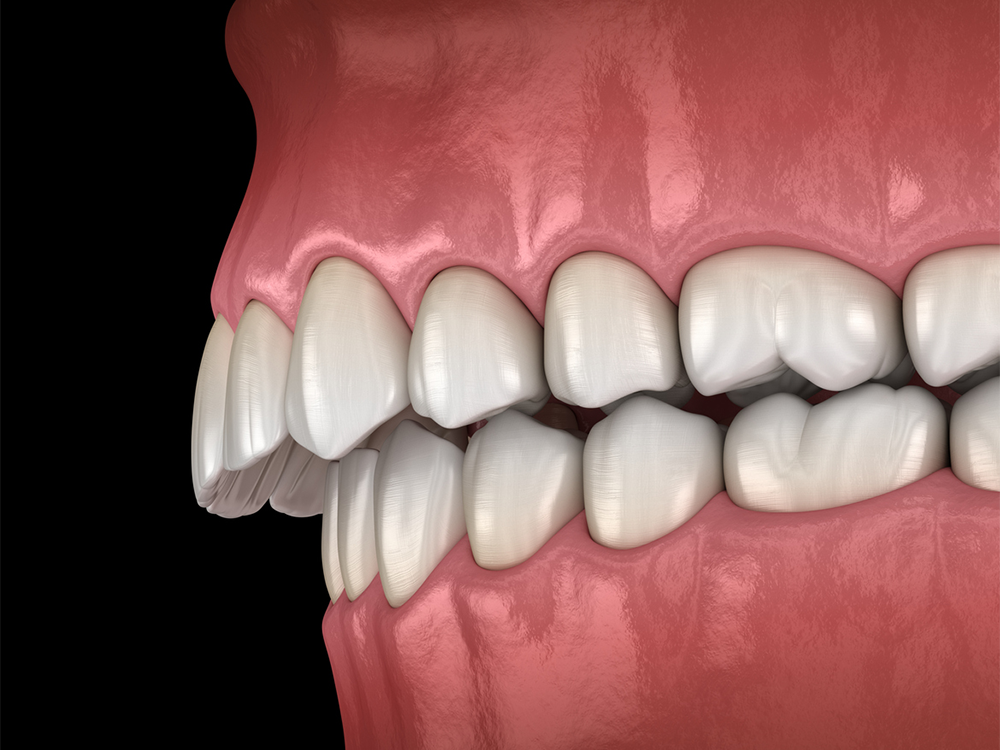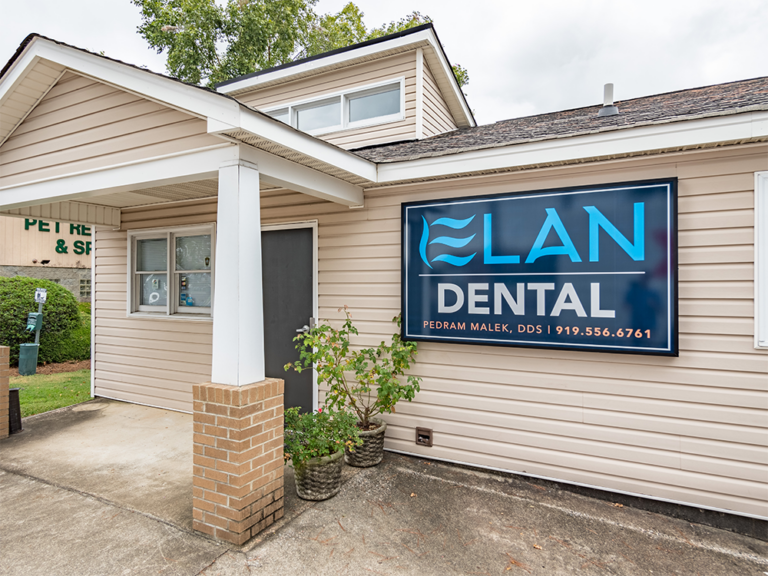Overbite Correction
An overbite happens when your upper teeth extend beyond your bottom front teeth. A lot of people have a tiny overbite. Though a significant overbite can cause tooth decay, gum disease, and jaw discomfort. Limiting thumb-sucking and pacifier use in children can help them avoid developing an overbite.
Overbite Correction Treatment
Overbite is frequent in both children and adults. The form and/or size of the jaw or teeth is the most typical cause of an overbite. There may be too much or too little space in the jaw region to fit one’s teeth. If an overbite is not addressed, teeth might cluster together and grow crooked, causing more difficulties.
Overbites are a form of malocclusion, an irregular or rough contact between the upper and lower teeth. When the upper and lower teeth align, chewing and biting are easier. If they are misaligned, it can lead to worn enamel, cracked and broken teeth, jaw pain, and a variety of other symptoms. If you believe your child is experiencing an overbite, call our office today to schedule an appointment!

-
What causes an overbite?
There are several causes of malocclusion, including:
- Excessive nail biting
- Teeth grinding
- Thumb sucking or tongue thrusting
- Using a pacifier past the age of 3
-
What are the treatment options for an overbite?
Overbite repair differs between children and adults. If an overbite is discovered during childhood, treatment may include:
- Growth modification devices, or palate expanders, are used to reposition the jaw during growth spurts
- Braces are used to gradually shift all of the teeth into proper alignment
- Removal of baby or permanent teeth to create space for adult teeth
- Retainers are used after braces to keep the teeth in place
In adults, treatment may include:
- Clear braces are used to reposition just the teeth impacted by an overbite
- Jaw alignment surgery
- Teeth extraction to make way for the remaining teeth
-
Are deep bites and overbites the same?
A deep bite is a malocclusion in which the upper front teeth excessively overlap the bottom front teeth when the back teeth are closed. This is also called an overbite or closed bite.
A small lower jaw is the most common. When the lower jaw is shorter than the upper jaw, the upper teeth are further “forward,” and the lower teeth keep growing until they hit the back of the upper teeth (the cingulate) or the roof of the mouth. Also, as the lower front teeth grow under the upper front teeth, they often get pushed together, which can cause crowding and alignment problems.
Another thing that can cause a deep bite is the loss of a lower tooth. This makes the lower jaw look like it is shorter than usual. Lastly, the bite can get deeper if the muscles used to bite are very strong. This is common in people who clench or grind their teeth.
More Questions?
If you have more questions about overbite correction or would like to request an appointment, please contact our office and we'll be happy to discuss further.


